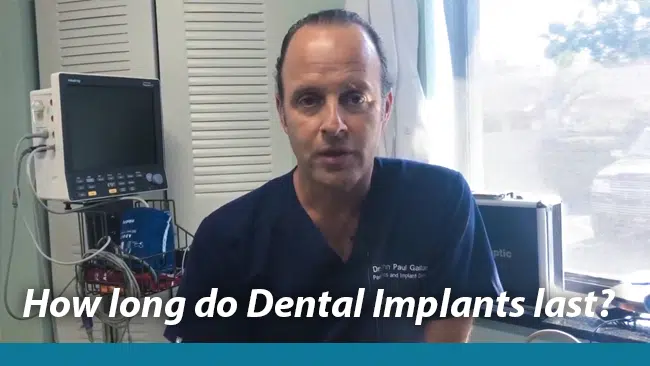Reclaim Your Confidence
Discover why patients from more than 38 states and 11 countries trust us
Dental Implant Benefits
Dental Implants are a popular and effective solution for replacing missing teeth. They offer a variety of benefits that can improve both your oral health and overall quality of life.
01
Improved Appearance
Dental Implants provide a natural-looking solution for missing teeth, enhancing your smile and overall facial aesthetics. They blend seamlessly with your existing teeth, giving you a restored and attractive appearance.
02
Durability and Longevity
Unlike other tooth replacement options, Dental Implants are designed to last a lifetime with proper care. They are made from durable materials like titanium, providing a sturdy foundation that can withstand daily biting and chewing forces.
03
Confidence and Oral Hygiene
Dental Implants function like natural teeth, allowing you to speak, eat, and smile with confidence. They also promote oral hygiene by preventing bone loss and maintaining the integrity of neighboring teeth, improving long-term oral health.
What Our Patients Say
Committed to your results

Why Choose Dr. Gallardo
- Dr. Gallardo has 30 years of experience offering dental implants and specialized periodontics to patients throughout South Florida.
- Dr. Gallardo is a graduate from the University of Miami and received his Doctor of Dental Surgery degree from New York University College of Dentistry.
- Accepted into the V.A. Medical Center General Practice Residency Program of the U.S Department of Veterans Affairs where he was honored with the “Outstanding Resident of the Year” Award.
- He has lectured nationally and internationally to dentists and hygienists and has been sponsored by companies such as Procter and Gamble to speak on clinical topics related to gum disease and implant dentistry.
- Dr. Gallardo remains a leader in periodontics and implant dentistry through his active and past involvement with University of Florida, Florida Association of Periodontists and North American Society of Periodontists.
How Dental Implants Work
- The implantation process: The implantation process involves surgically inserting the titanium post or screw into the jawbone, allowing it to fuse with the bone and provide a secure foundation for the replacement tooth.
- Preparing for dental implant surgery: Patients must prepare for dental implant surgery by visiting their dentist to discuss the procedure and necessary pre-operative instructions.
- The Surgical Procedure: This procedure involves carefully placing the implant into the jawbone and allowing it to fuse with the bone before attaching a prosthetic tooth.
- Healing Process: The healing period typically takes several months, during which the implant is allowed to fuse with the bone and become secure.

Before and After Photos
Dental Implants Gallery


* Each patient is unique and individual results may vary.
Frequently Asked Questions
Dental Implants are a popular option for replacing missing teeth, but many people have questions about the process. Here are some frequently asked questions about Dental Implants and their answers.
What is the best age to get Dental Implants?
The best age to get Dental Implants depends on the individual patient’s oral health. Generally, adults with healthy gums and a sufficient amount of jawbone are ideal candidates for Dental Implants.
Are Dental Implants permanent?
Yes, Dental Implants are permanent. They are designed to fuse with the jawbone and provide a secure foundation for a replacement tooth.
What are the strongest Dental Implants?
The strongest Dental Implants are those made from titanium, which is a durable and lightweight metal that has been used for decades in medical devices. Titanium implants are designed to fuse with the jawbone and provide a secure foundation for the replacement tooth.
What are the side effects of Dental Implants?
The side effects of Dental Implants are usually minor and include swelling, discomfort, bruising, and infection at the implant site. It is important to follow your dentist’s instructions for aftercare in order to reduce the risk of any complications. It is also important to practice good oral hygiene habits and visit your dentist regularly for check-ups and cleanings.



